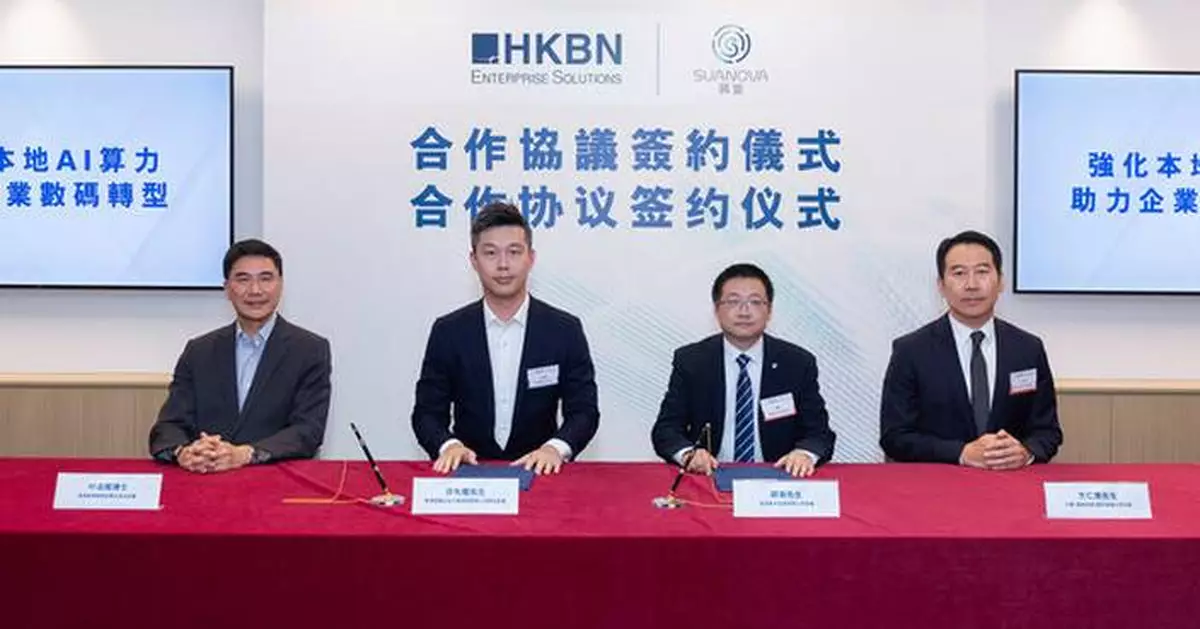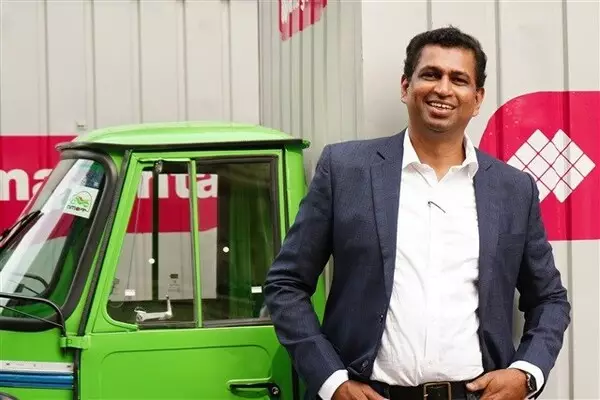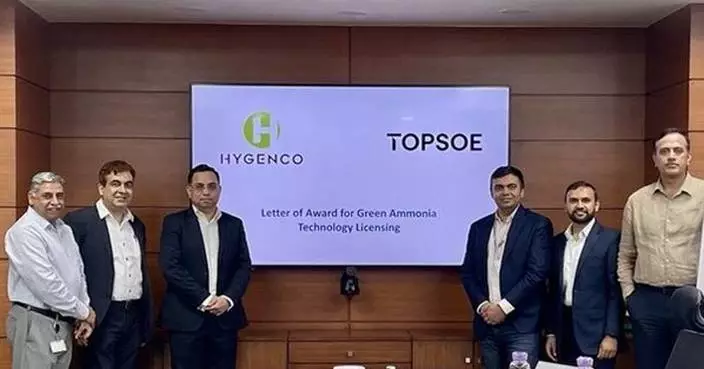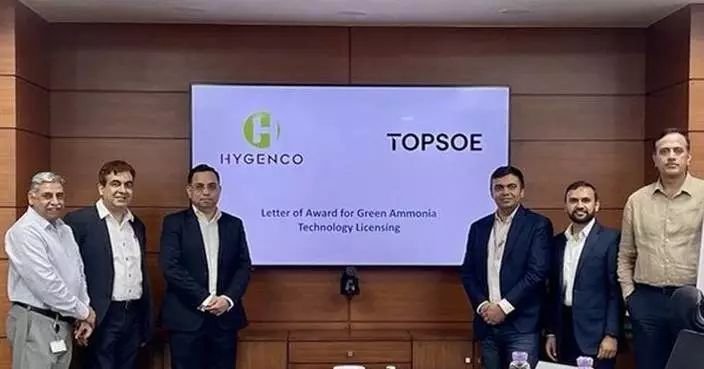HONG KONG, Nov. 26, 2024 /PRNewswire/ -- HKBN Enterprise Solutions (HKBNES), in its ongoing commitment to enrich the local technology landscape, has teamed up with Suanova Technology to become its first distributor of computing power services in Hong Kong. This partnership will introduce a more diversified array of cloud services and provide access to artificial intelligence (AI) computing resources powered by METAX's GPU (Graphics Processing Unit) stacks, empowering enterprise clients to transform and fully maximize their digital capabilities.
Amid its burgeoning emergence, AI computing has evolved into an essential competitive asset that every enterprise must harness. According to market research firm IDC[1], AI has officially become a central component of global corporate strategies. Estimates suggest that by 2028, global spending on AI technology will reach $749 billion (approximately HKD 5.83 trillion), a significant increase from the expected $227 billion (approximately HKD 1.76 trillion) in 2025.
As AI computing rapidly advances, the demand for related resources is on the rise. A leading provider of compute services, tech development and industrial investment, Suanova Technology operates the "Fengshou No. 1" Intelligent Computing Center in Shanghai and the "Fengshou No. 2" Intelligent Computing Center in Hong Kong, both capable of delivering up to 1,000 PetaFLOPs of computing power. By utilizing its cutting-edge Fengshou series powered by METAX GPUs, Suanova equips enterprise clients with autonomous computing resource scheduling platforms to address a diverse range of application scenarios, including fulfilling the computational requirements for training large language models (LLM).
Dr Denis Yip, HKBN President and Group Chief Operating Officer, said: "As a pioneering force and Hong Kong's first telco to launch 25Gbps broadband service, HKBN has consistently pushed the boundaries to supercharge digital transformation and innovation for enterprises. Our collaboration with Suanova Technology brings powerful AI computing resources to Hong Kong, providing enterprises with breakthrough compute speed and flexibility. This not only meets the local market's pressing need for high-performance computing power but it also opens new avenues for innovative applications across industries, ushering in a new era of opportunities."
Gu Meng, President of Suanova Technology, said: "Our goal is to deliver professional, autonomous, and innovative services for enterprises in mainland China, the Greater Bay Area, and Hong Kong, fostering growth and facilitating smart transformations for a shared future. Our collaboration with HKBN Enterprise Solutions will significantly shorten the distance for enterprises to access AI computing resources, making cutting-edge technology services readily available. We expect this partnership to set a new standard across the industry, driving many more enterprises to expedite their digitalization journeys, and unlock limitless possibilities."
[1] IDC Unveils 2025 FutureScapes: Worldwide IT Industry Predictions. Retrieved from https://www.idc.com/getdoc.jsp?containerId=prUS52691924
About HKBN Group
Headquartered in Hong Kong with operations spanning across Hong Kong, Macau and mainland China, HKBN Group ("the Group" or "HKBN") is a leading integrated telecommunications and technology services provider. The Group's extensive tri-carrier fibre infrastructure covers around 2.6 million residential homes and 8,200 commercial buildings and facilities across Hong Kong, offering comprehensive one-stop Information and Communications Technology ("ICT") solutions and Infinite-play bundles to both individual and enterprise customers. Committed to creating a lasting positive impact to wherever it operates, HKBN embraces a core purpose to "Make our Home a Better Place to Live" and has received a highest possible rating of AAA in MSCI's 2024 ESG Ratings assessment in environment, society and governance. The Group is managed by hundreds of Co-Owners (supervisory and management level Talents in the Group) who invested their savings to buy shares of HKBN Ltd. (SEHK stock code: 1310). For more information about HKBN, please visit https://www.hkbn.net/group/.
About HKBN Enterprise Solutions
HKBN Enterprise Solutions ("HKBNES") is the arm of HKBN. As a leading system integration ICT services provider, it focuses on enterprise solutions development. Comprises a professional team and profound experience, together with HKBN's unique tri-carrier network, HKBNES provides enterprises with one-stop comprehensive digital transformation solutions, including cloud and data centres, cyber security, smart and digital solutions, and more. For more information about HKBNES, please visit www.hkbnes.com/http://www.hkbnes.net/web/en/.
About Suanova Technology
Suanova Technology Limited (hereinafter referred to as "Suanova") is a wholly-owned subsidiary of Hong Kong listed company Yeebo (International Holdings) Limited. Its business covers three major business sectors, including: computing power and cloud operations, computing power technology development and computing power industry investment.
As a domestic cloud computing pioneer, Suanova aims to provide enterprises with professional, independent and innovative one-stop services. Our products mainly include: cloud, AI computing power, large devices, system integration, and GPU chips.
Suanova has set up branches in Hong Kong and Shanghai to provide customers with better localized services. Our vision is to help companies grow, support intelligent transformation, and create a better future.
** The press release content is from PR Newswire. Bastille Post is not involved in its creation. **
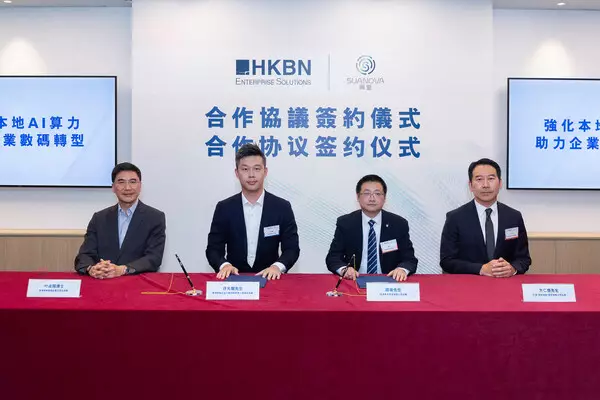
HKBNES x Suanova Technology Launch Large-scale AI Computing Resource Platform Powered by METAX GPU Stacks for Enterprise Transformation


